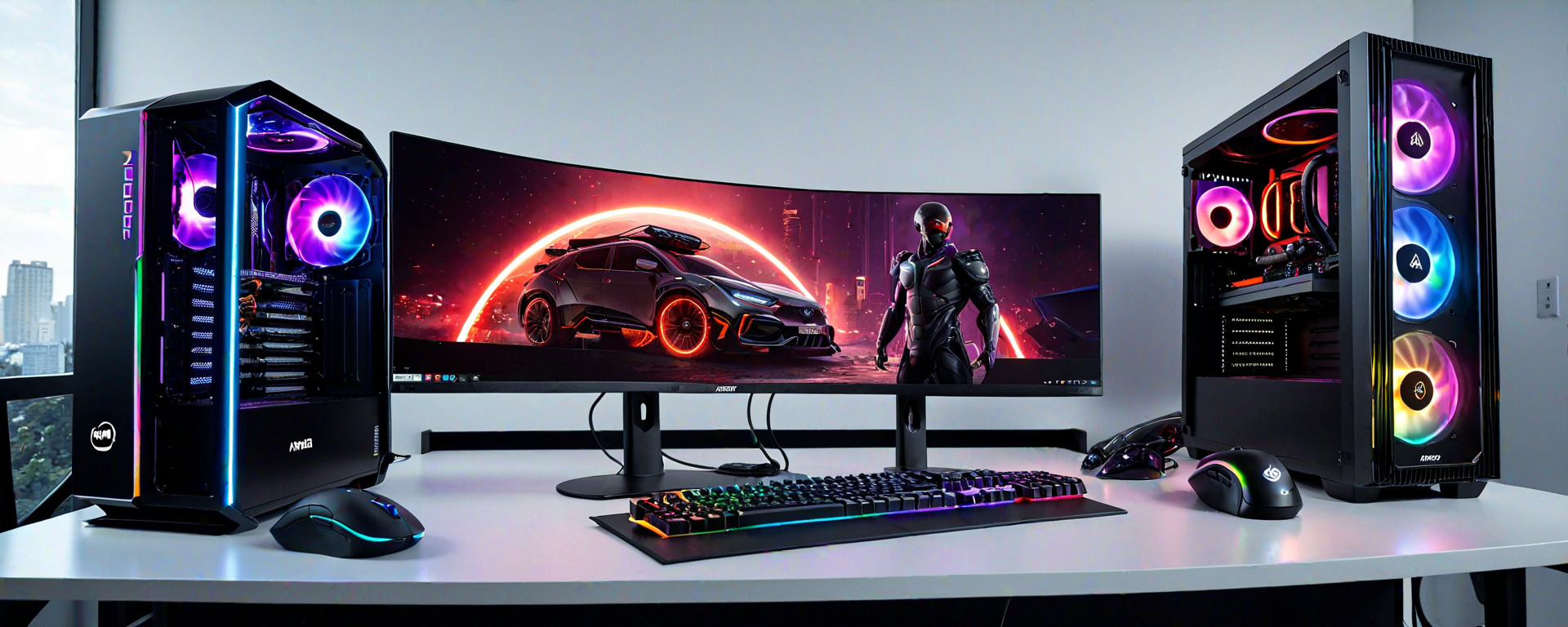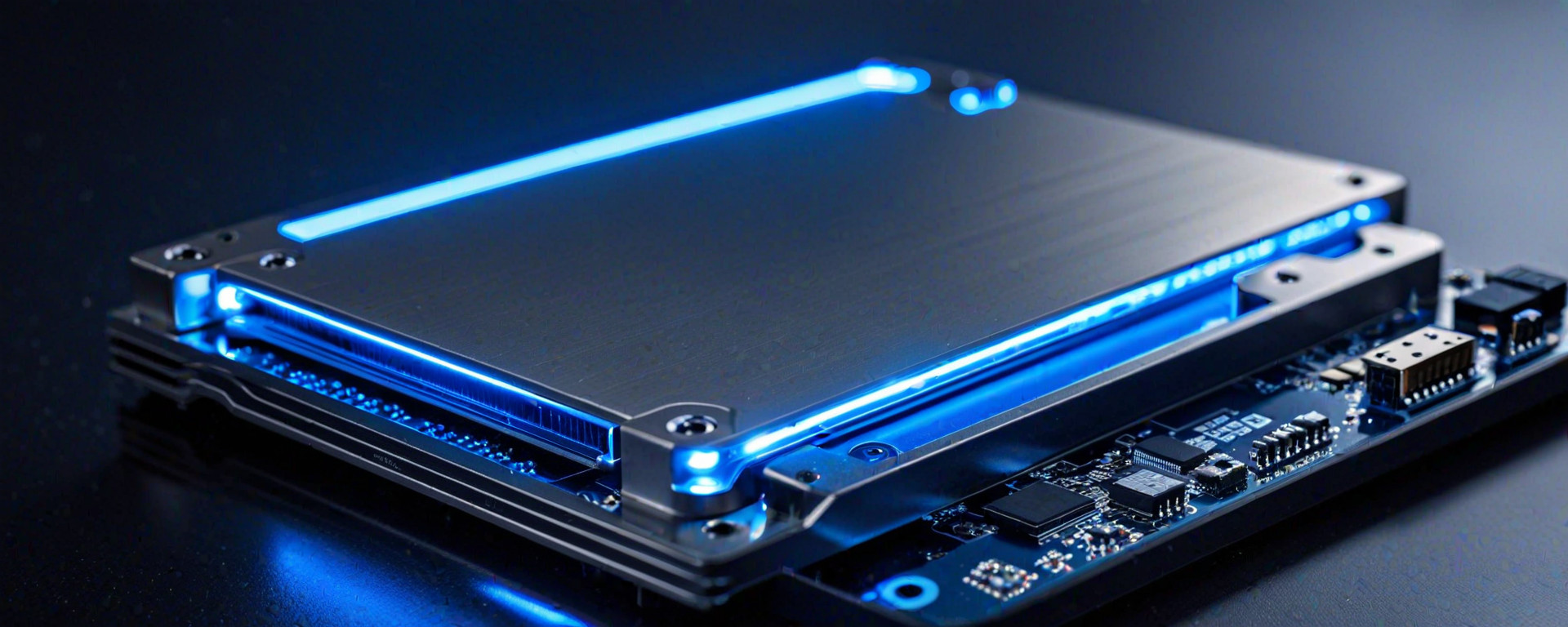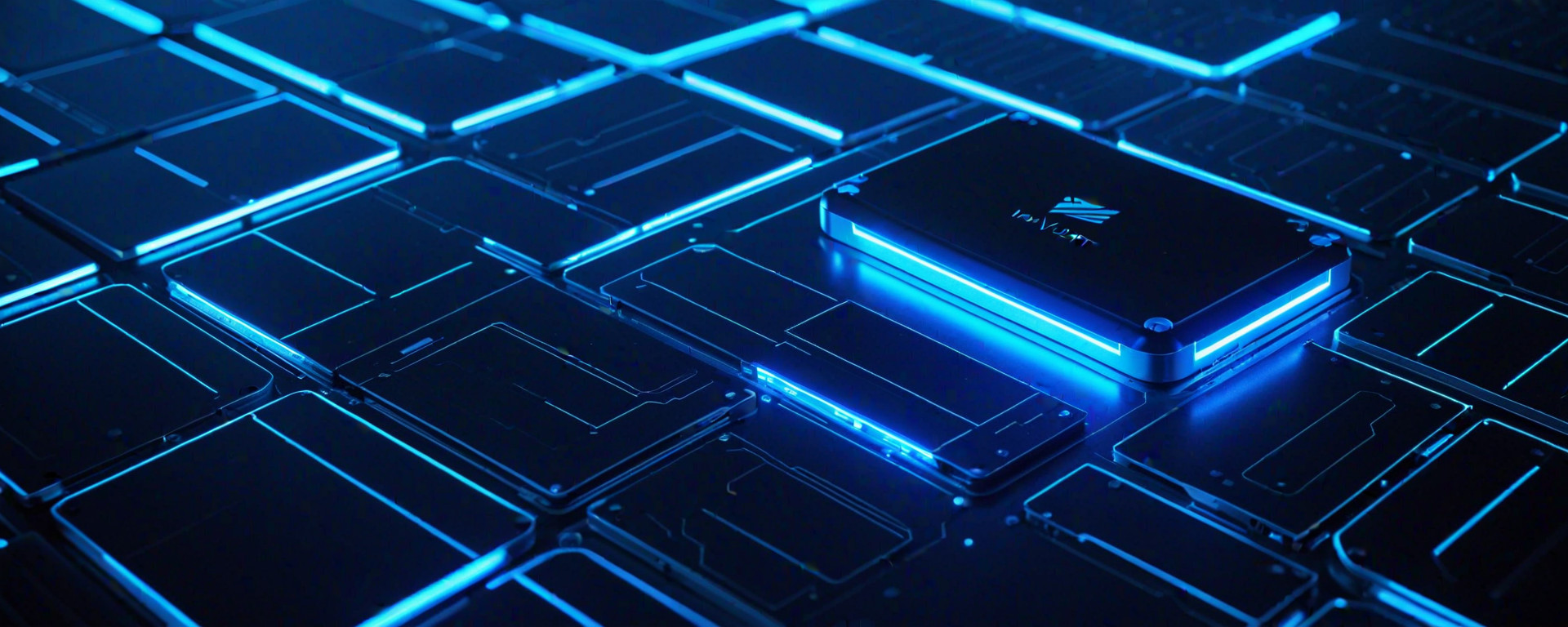Introduction
The ongoing rivalry between Intel and AMD has been a cornerstone of modern computing for decades. Both companies have continually pushed the boundaries of performance, efficiency, and innovation to offer consumers some of the most powerful processors on the market today. This competition not only drives technological advancement but also provides users with a wide array of choices when it comes to building or upgrading their systems.
This article delves into the current landscape of CPUs from both Intel and AMD, comparing their latest offerings in terms of performance, cost-effectiveness, compatibility, and future trends. By examining these key factors, we aim to provide readers with a comprehensive understanding of which brand might be more suitable for their specific computing needs.
In this article, you will find detailed comparisons of the latest generations of CPUs from both companies, including technical specifications, performance benchmarks, real-world usage scenarios, and case studies. We also explore the cost-effectiveness of each brand’s offerings and delve into compatibility and upgradability considerations to help users make informed decisions.
Technical Specifications
Intel:
- CPU Series: 13th Gen Intel Core processors (Raptor Lake)
- Lithography: 4nm and 5nm for different cores
- Pricing Range: $90 - $600+
- Performance Features: Enhanced multi-threading, improved graphics performance via integrated Intel UHD Graphics
AMD:
- CPU Series: Ryzen 7000 series (Zen 4 architecture)
- Lithography: 5nm for cores and 6nm for I/O die
- Pricing Range: $180 - $900+
- Performance Features: Increased core count, faster clock speeds, improved memory support, enhanced AI acceleration via AMD's Smart Access Memory (SAM)
Performance Benchmarks
To understand the true performance of these CPUs, we rely on established benchmarking websites like CpuBenchmark.net and Passmark.com to provide a comparative analysis.
| CPU Model | Intel Core i9-13900K (Raptor Lake) | AMD Ryzen 9 7950X (Zen 4) |
|---|---|---|
| Base Clock Speed | 3.0 GHz | 2.0 GHz |
| Turbo Boost | Up to 5.8 GHz | Up to 5.7 GHz |
| Cores/Threads | 24 cores / 32 threads | 16 cores / 32 threads |
| Lithography | 4nm and 5nm | 5nm and 6nm |
| CPU Mark Score (Passmark) | 28,170 | 31,349 |
Real-World Usage Scenarios
The real-world performance of CPUs often varies based on the specific tasks and workloads they are subjected to. Let's examine how these CPUs perform in different scenarios:
- Gaming Performance:
-
- Intel Core i9-13900K: Offers excellent gaming performance, with improved frame rates and reduced latency compared to previous generations.
- AMD Ryzen 9 7950X: Provides high FPS in modern titles due to its efficient multi-threading capabilities and enhanced memory support.
- Multimedia Editing & Rendering:
-
- Intel Core i9-13900K: Suits heavy tasks like video rendering, with strong performance in Adobe Premiere Pro and DaVinci Resolve.
- AMD Ryzen 9 7950X: Outperforms the Intel counterpart in multi-threaded workloads such as Blender or HandBrake due to its increased core count and faster clock speeds.
- Data Science & Machine Learning:
-
- Intel Core i9-13900K: Performs well in data-heavy tasks like TensorFlow or PyTorch, but may lag behind AMD due to its reliance on turbo boost.
- AMD Ryzen 9 7950X: Offers superior performance in AI-accelerated applications thanks to features such as SAM and high memory bandwidth.
Case Studies & Real-World Scenarios
To illustrate the practical implications of choosing between these CPUs, let's look at two case studies:
- Case Study 1: Gaming Enthusiast
-
- A gamer looking for top-tier performance in competitive titles would likely prefer the AMD Ryzen 9 7950X due to its superior multi-threading capabilities and overall better performance at high clock speeds.
- Case Study 2: Professional Video Editor
-
- A video editor working on large projects would benefit more from the AMD Ryzen 9 7950X due to its enhanced memory support and ability to handle heavy multi-threaded workloads, ensuring smooth rendering and export processes.
Pricing & Value for Money
When considering value for money, both Intel's Core i9-13900K and AMD's Ryzen 9 7950X offer robust performance at their respective price points:
- Intel Core i9-13900K (Raptor Lake):
-
- Priced around $600 for a flagship model, it offers excellent gaming and multitasking capabilities.
- AMD Ryzen 9 7950X:
-
- Sold at approximately $800 for the top-tier variant, providing superior performance in multi-threaded tasks and offering better value overall due to its efficiency and feature set.
Conclusion
Based on our analysis, both Intel's 13th Gen Core processors (Raptor Lake) and AMD's Ryzen 7000 series offer impressive performance in various workloads. However, the choice often comes down to specific use cases:
- Gaming & General Performance: Intel's Turbo Boost technology gives it a slight edge for gaming.
- Multimedia Editing & Rendering: AMD's superior multi-threading and memory support make it more favorable for these tasks.
The Ryzen 9 7950X might be the better choice overall, offering excellent value for money with its robust performance across multiple workloads. However, Intel's Core i9-1390K still holds its ground in specific scenarios like gaming where clock speed and single-threaded performance are crucial.
Future Trends
The future of CPU technology is leaning towards even greater integration with AI capabilities and increased core counts. Both Intel and AMD have plans for the next generation, focusing on:
- Enhanced Integration & Performance:
-
- Newer generations will feature better power efficiency, higher clock speeds, and improved multi-threading.
- Increased Focus on AI Acceleration:
-
- Future CPUs will likely come with more advanced features like enhanced SAM (Smart Access Memory) for improved memory bandwidth in AI applications.
Recommendations
For the majority of users, especially those looking for a balance between gaming and productivity tasks, AMD's Ryzen 9 7950X is recommended. However, if single-threaded performance or specific gaming titles are your top priority, Intel's Core i9-13900K might be more suitable.
Ultimately, the decision should align with your specific needs and budget constraints. For professionals in fields requiring heavy multitasking or data-intensive workloads, AMD provides a better value proposition at this stage of development.
FAQs
- Q: What is the difference between Intel's Raptor Lake and AMD's Zen 4?
- A: Raptor Lake introduces enhanced multi-threading capabilities and improved integrated graphics, while Zen 4 focuses on increased core counts, faster clock speeds, and better memory support.
- Q: Is it worth upgrading from a previous generation to the latest Intel or AMD CPU?
- A: If you are looking for significant performance improvements in multi-threaded tasks and better AI acceleration, then upgrading is highly recommended. However, if your current setup meets your needs, sticking with what you have might be more cost-effective.








